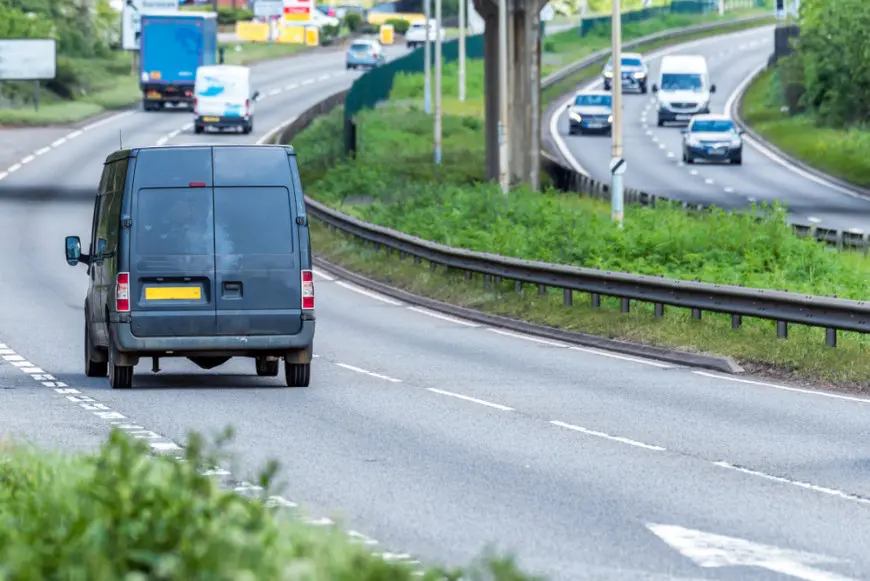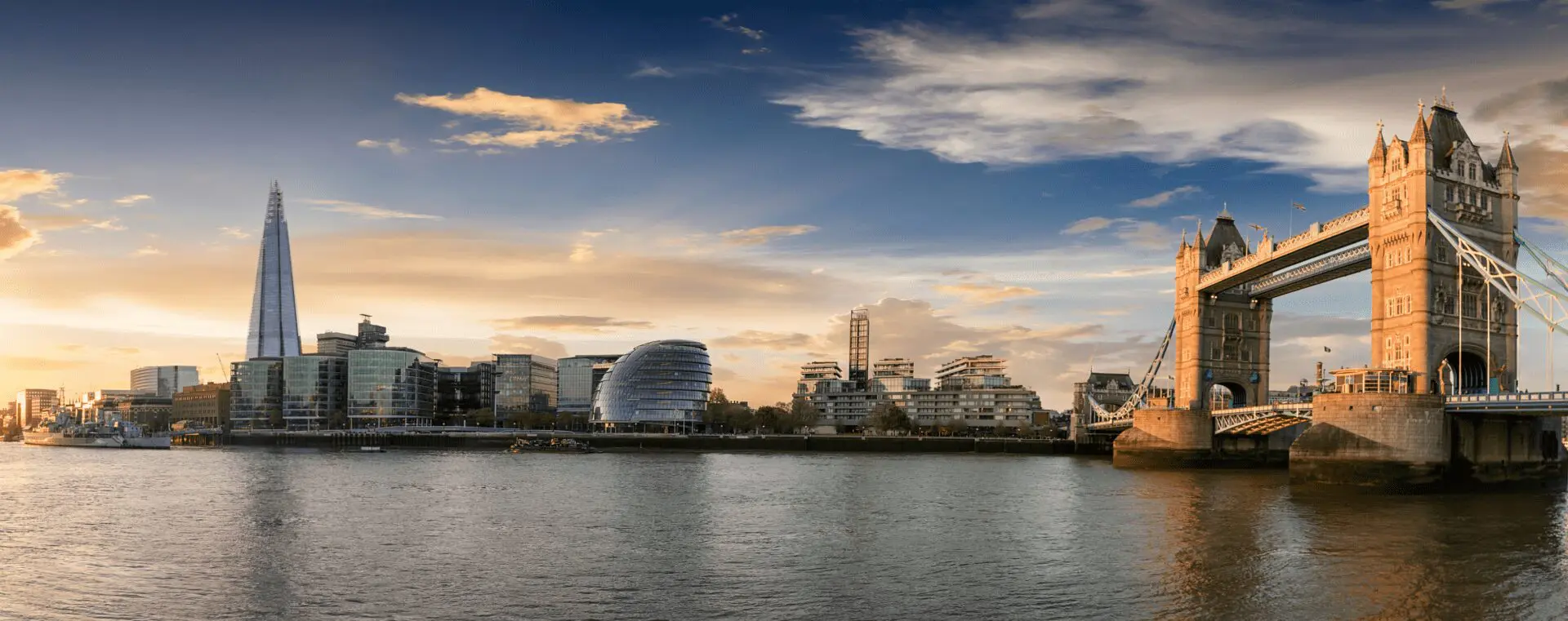
Alcohol interlocks could transform road safety in the UK forever. A study of almost 2,000 people, undertaken by RAC, discovered that more than half of UK motorists want to see the government introduce ‘alcolocks’ to the vehicles of people convicted of drink driving.
What are alcohol interlocks, though, and how could they improve road safety in the UK? Here’s what you need to know.
What are alcohol interlocks?
Alcohol interlocks are similar to the breathalyser devices the police can use to test for alcohol during road stops; the main difference is that an alcohol interlock is connected to the driver’s car. If the interlock detects alcohol on the driver’s breath, the car will not start.
There have been concerns from some that individuals who are over the limit yet want to drive can ask a sober person to cheat the test for them; however, the interlock will come up with further tests on the driver to avoid this from happening.
The UK currently does not implement alcohol interlocks on cars, but there are other countries that do, such as Canada, Australia, Finland, Belgium, and some states in the USA.
In these areas, if a driver has been caught drink driving, they will receive a driving ban or suspension, and once the ban has been lifted, they will be allowed to drive again, provided they pay for the installation of an alcohol interlock in their vehicle.
The alcohol interlock is usually installed for 12 months and can be removed once the driver has a clean driving record on the device for six months. If the driver fails this, they will be required to keep the interlock installed until they have a clean 6-month period.
What did the RAC study discover?
According to the 1,763 drivers surveyed by the RAC, 53% want the UK government to allow courts to order anyone convicted of drink driving to have an alcohol interlock fitted in their vehicle.
While the majority surveyed wanted these ‘alcolocks’ introduced into drink drivers’ vehicles, 23% believe it wouldn’t reduce drink driving. Another 23% were unsure about the idea.
Interestingly, 44% of people who were supportive of the alcohol interlocks being installed in vehicles didn’t want them installed in every offender’s vehicle.
Additionally, 39% of people surveyed thought these interlock devices should only be installed in vehicles if the driver had been caught drink driving more than once.
Do drink drivers often reoffend in the UK?
The Press Association made a recent Freedom of Information request to the DVLA, and data suggests that a large number of drink driving offences are committed by re-offenders. In the 11 years leading up to July 2024, 27,000 people were convicted of multiple drink driving offences.
Data from the UK government also shows that there were a total of 47,284 drink or drug-driving convictions in 2023.
In 2022, 300 people were killed in drink driving collisions, and 76% of drivers who participated in the RAC survey would like to see more done by authorities to reduce the number of people driving under the influence of alcohol.
Speak to London drink driving solicitors
If you have been caught drink driving and face a conviction, you’ll need some legal representation or, at the very least, some professional advice.
At M.A.J. Law, we boast a team full of highly reliable and qualified drink driving solicitors who can help you.
So, if you’re facing a drink driving conviction, contact us today and speak to a member of the team. We’ll assess your case and advise on the best legal approach to achieve a positive outcome.




.png)